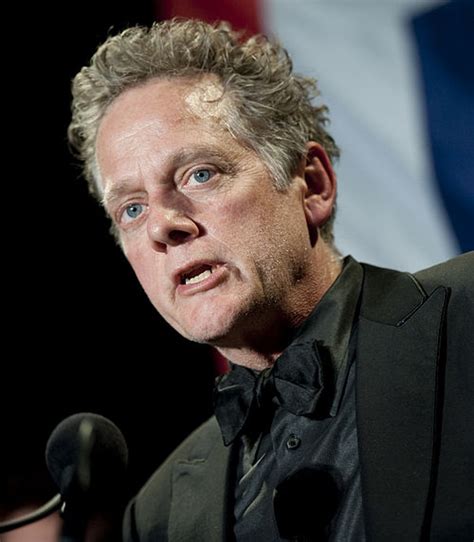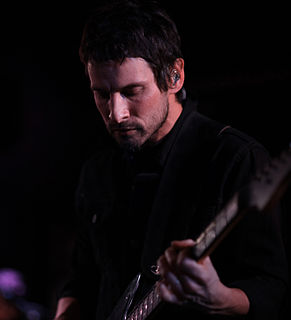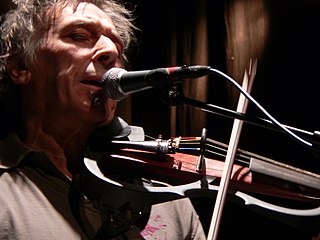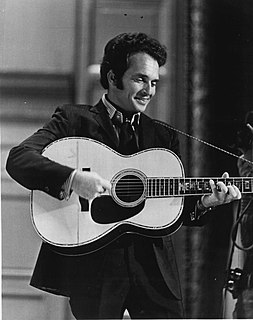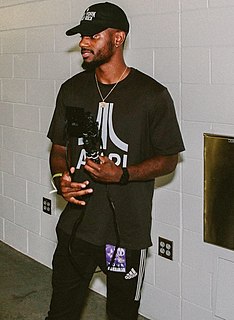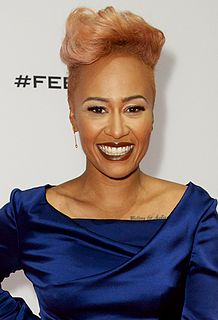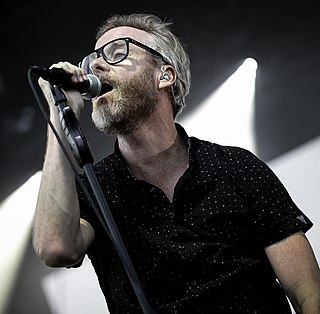A Quote by J. J. Cale
Widespread Panic discovered a couple of my songs and started doin' 'em on the gigs. They'd take a song and expand it and everybody plays a long time and people really like that. But I made my living as a songwriter so I try to get to singin' and get it over with.
Related Quotes
When I first started writing songs, I was probably about ten or twelve years old, and the first thing you think as a songwriter is, 'Can this be a hit? Can this come out, and people are going to hear the song and like the song, and then they're going to like you, and you'll get famous and rich?' That hasn't changed a bit.
I think being a singer-songwriter... your job is to tell a story that other people can't really tell themselves. And I really hope that people kinda go: "This happened once and I kind of like this song because I relate to it..." So if at least one of my songs over this tour's that song, then that's really cool.
I stopped reading music reviews because it's somebody having a knee-jerk reaction to a song. I realized that that's not the definitive interpretation. It won't last long. It's a fleeting thing. What matters are people's relationships with these things over time and sometimes songs just take a really long time to reveal their true identity.
As a songwriter, you're allowed to write anything, and as a person, I am all colors in the rainbow. I've been through everything, you know, so I can write a positive song like 'Better Get to Livin'' because that's my attitude. But that doesn't mean I'm happy all the time. You can't be a deep and serious songwriter without feelings. You kinda have to live with your feelings out on your sleeve and get hurt more than most people. The fear I might get hurt means I might not be able to write another song.
I write in the studio, I don't sit around with a piano or a guitar and write songs. I get satisfaction out of that because I can finish the song really quickly. I can use whatever momentum I have. I've got to put it down, develop it, and get it as far [as I can], because the excitement of the moment of when you get that idea - you want to try and hold it and build on it and really gain strength from it. Being in the studio and writing songs like that is really the best way.
I built a reputation as a songwriter in the industry before my own hits. People were used to coming to me for songs. There were songs like 'Clown' and 'Mountains' that were my songs that I wanted to keep. But the record labels saw me as a songwriter. It was hard to get people to believe in me as an artist.
My own personal tastes don't really have an effect on whether song is a parody target or not. But having said that, I try to pick songs that I actually like because I realize that I have to live with these songs for a long time, from when I'm working on them in the studio to possibly playing them onstage for the rest of my life. So I try not to pick songs that I know would drive me crazy.
We were always in the shadows of the stuff that was getting more attention. So people learned to listen to us slowly over time. And, frankly, we learned how to listen to ourselves. It takes us a long time to write a song that we all really like, so it makes sense that it would take a while for the listener to get there, too.
How I was raised was, there were no rules - nothing like that. If I wanted to take a drug because I was in school and everybody was doing it, I could go to my parents and say, "I really want to try this." And they'd say, "If you do this, O.K., but this is what can happen to you..." They'd say, "Don't get it in the streets, because it could be really bad and make you freak out. Don't take it in a crowded place, because you'll panic."
We try to make films for people [that are] the films that we'd like to see. They're not easy to get made. They're hard to get made. You have to keep the budget low to get them made. But at the end of the day, I don't really worry about competition, because I don't really think of it that way. I don't feel like I'm in a race with anybody.

